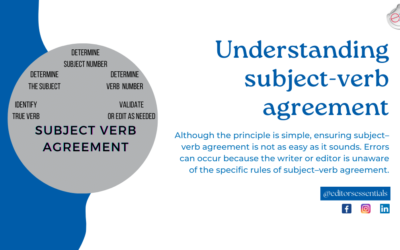After a hiatus, this post could be a good one to resume blogging.
I was reading the Chicago Style Q&A and liked two questions in this issue. The first one:
Q. Should she or it be used as a pronoun for a country?
A. Never use she to refer to a country. You’ll sound as if you either don’t know English or last studied it in 1950.
I was reminded of my schooldays when I refer to India as “Mother India” and as “She is rich in … “. So the third alternative would be you are competing in an oratorical competition.
The second question is:
Q. We use CMOS 14 and can find no solution to the following problem. “When we first met, he had done the unforgivable, and it had come out so naturally I’d been pleased rather than offended.” It seems the comma before and is unnecessary. Our author disagrees. Can you help?
A. I’m sorry I can’t check the 14th edition for you; I sold my copy to an antique collector after I tried to donate it to a home for retired copyeditors and nobody wanted it (they all had the 16th). CMOS 16 (6.28) is very helpful on the subject, however, recommending a comma in that position.
You may read the entire set of questions & answers here.




0 Comments